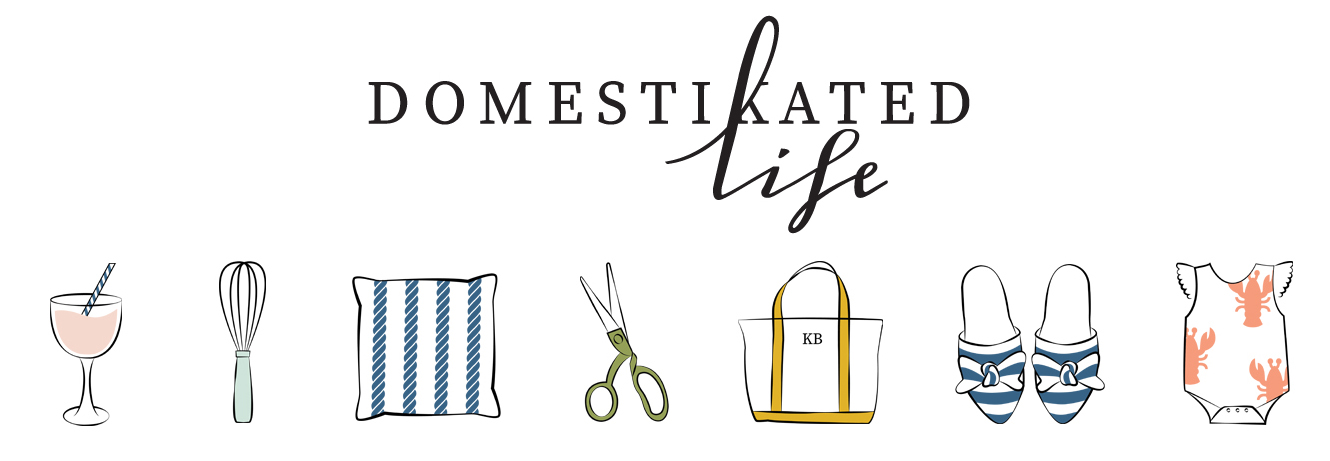Our family has become a lot more conscious this year about making an effort to reduce our impact on the environment. As we enter the holiday season we need to be even more diligent about our household’s waste and recycling efforts. Between Thanksgiving and New Year’s Day, American household waste increases by more than 25%. Trash cans full of holiday food waste, shopping bags, boxes, packaging, and wrapping paper contribute an additional 1 million tons a week to our landfills. And according to the U.S. Environmental Protection Agency (EPA), approximately 80% of that waste can be recycled or reused. It actually boggles my mind to hear those stats, so I was really excited to get to talk to the team at MassDEP’s Recycle Smart MA initiative, which aims to help Massachusetts families determine what does and doesn’t belong in their household recycling bin. I asked them all of my holiday recycling questions and learned so much that I can’t wait to share with you so we can all do our part this season: Q: At Thanksgiving, and during other major holidays during this season, I know we use a lot more kitchen products that maybe should be recycled. Can you share some tips about recycling common kitchen items?
Q: At Thanksgiving, and during other major holidays during this season, I know we use a lot more kitchen products that maybe should be recycled. Can you share some tips about recycling common kitchen items?
A: The most critical thing to remember during the holidays is to empty and rinse your containers–whether they are glass jars, tin cans, plastic tubs, or aluminum food trays like pie and turkey pans–before you put them in the recycling bin. Putting food waste in your recycling contaminates other materials. A few common pantry items that can be recycled: metal cans and lids, glass bottles and jars, paper grocery bags, disposable baking trays, clean clear plastic cups and aluminum foil (as long as it doesn’t have food residue on it).
And a few items that people often thing can be recycled, but shouldn’t be: paper plates, plastic cutlery (you can rinse and reuse these), colored plastic cups, and in most cases cartons for things like milk, juice and stock. Plastic grocery bags cannot go in the recycling bin, but plastic bags are collected at many grocery stores. Next time you go to the supermarket, bring along your plastic bags and put them in the labeled collection container! Save all of your produce peels, seeds and pits and other food scraps and put those in a compost bin. If you’re still in doubt about what to do with a specific item, check our Recyclopedia for a detailed list of what belongs in your recycling bin.
Q: Before opening presents on Christmas morning, I always remember my mom going to get a big garbage bag to put all of the wrapping paper and boxes and packaging in as things got unwrapped. I want to be better about that this year, what we can recycle?
A: Gift Boxes, greeting cards and envelopes can be recycled as long as they aren’t imprinted with metallic inks or glitter. Cardboard Boxes should be flattened and recycled. Gift Bags can be reused first, and then remove the string handle before placing in the recycling bin. If they have metallic inks, foil, wire, or glitter, please put them in the trash.
Materials that can’t be recycled: ribbons and bows, plastic toy packaging, Styrofoam peanuts and block Styrofoam and because there are so many kinds of wrapping paper (cellophane, metallic, plastic coated) it can’t be recycled and should be put in the trash or saved and reused. If you’re doing a lot of online shopping you may receive a box with plastic “pillows” that come inside for shipping; these can be recycled at your local supermarket with your plastic bags and other plastic wrap, but don’t belong in your household recycling bin.
Q: Are there common items you see at the holidays that people think can be recycled, but actually can’t be?
A: Padded envelopes from orders you get Amazon or UPS are something that can’t be recycled, reuse them or put them in the trash. String lights don’t belong in the recycling bin because they tangle around the equipment, can shut the machines down, and increase the risk injury at the recycling facility.
Christmas Trees do not belong in your recycling bin. Most towns collect Christmas trees for composting. Check with your town for the collection or drop-off information. Holiday wreaths are also not something that can be recycled. A surprising number of wreaths (both artificial and natural) wind up at recycling facilities. If you are finished with an artificial wreath, consider donating it to a local thrift store.
Q: Is there anything else we can do to learn more about recycling effectively and having a greener holiday season?
A: Check out the additional resources at www.recyclesmartma.org and read these tips for creative ways to cut down on your holiday waste.








